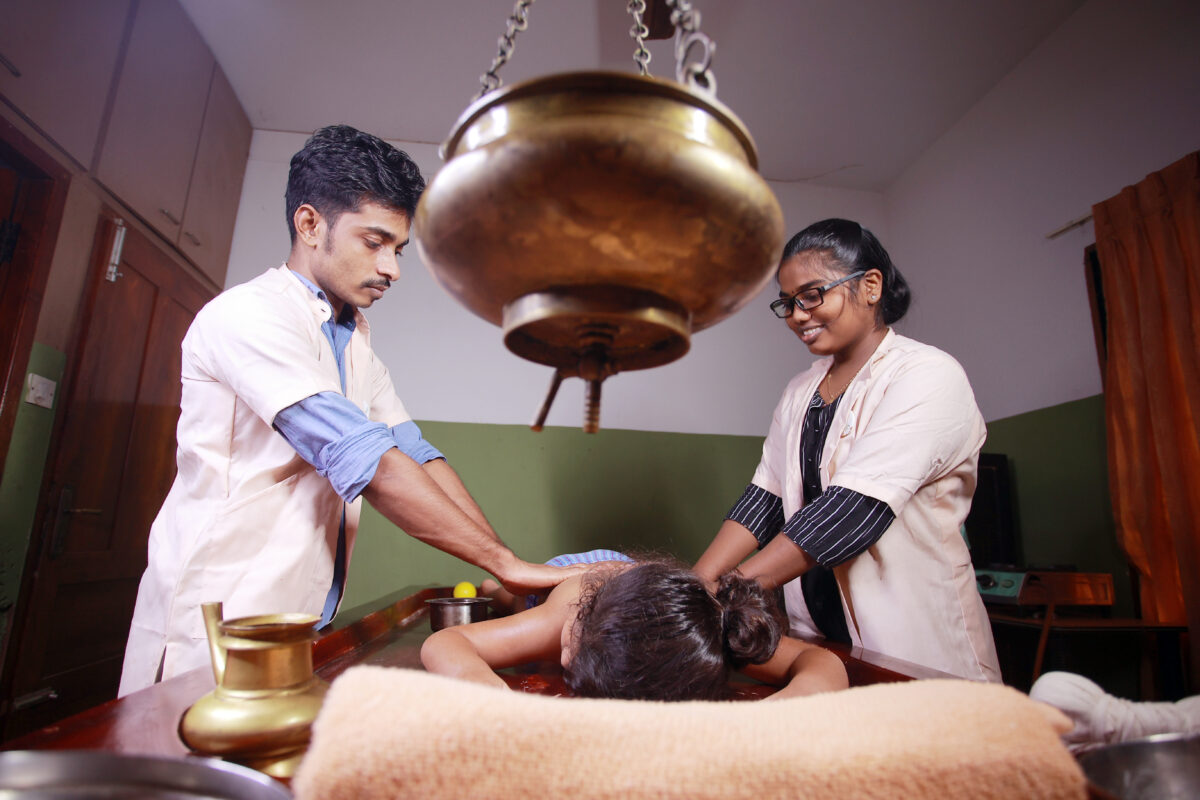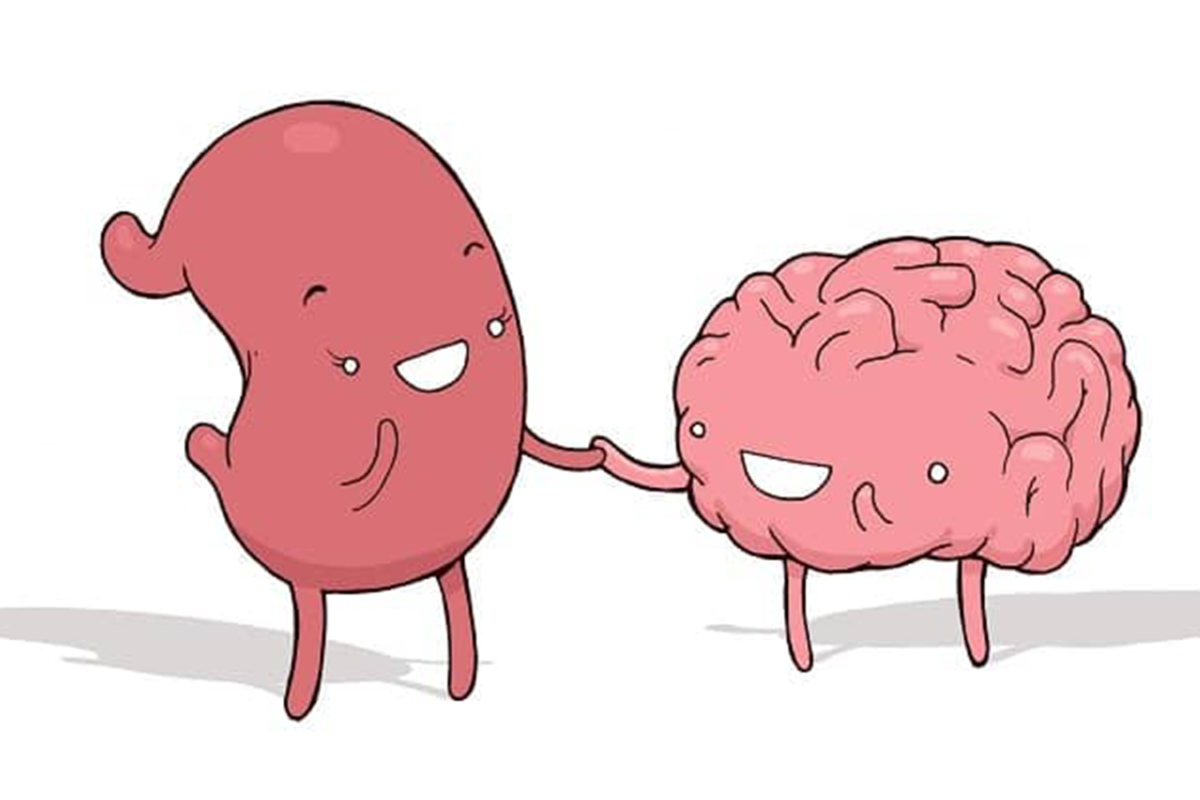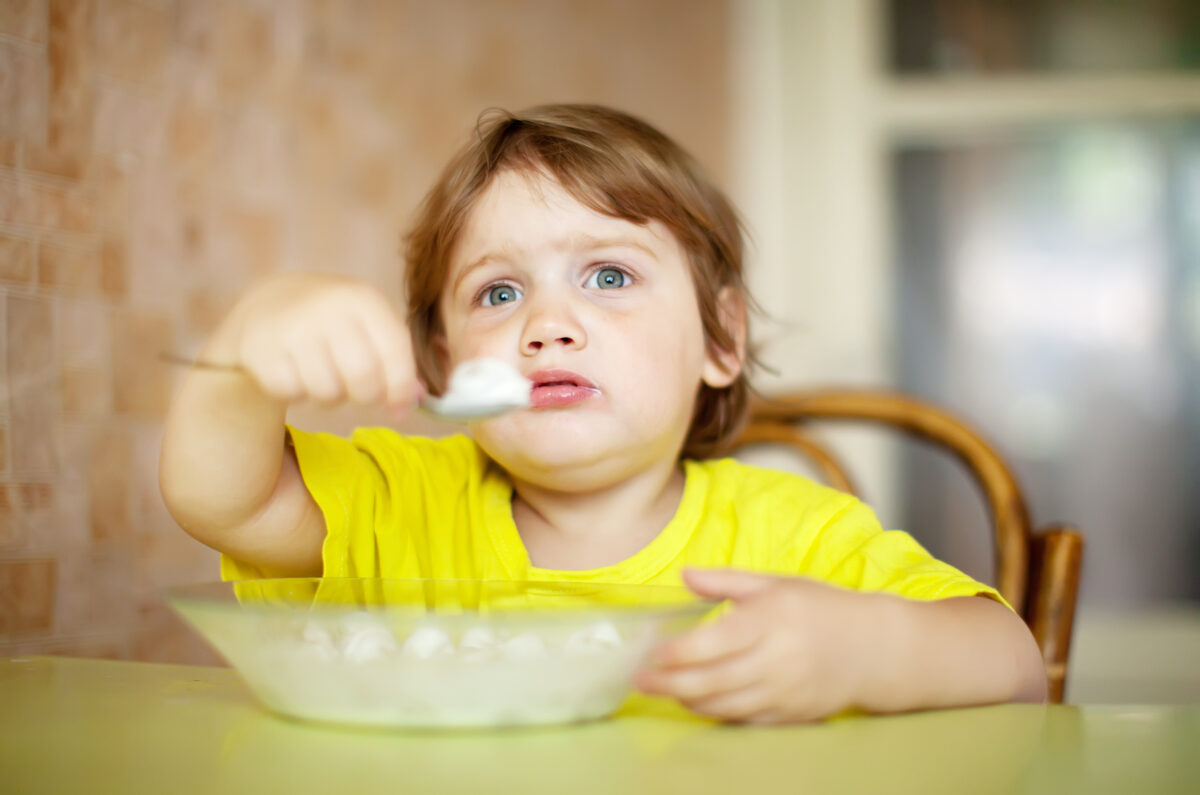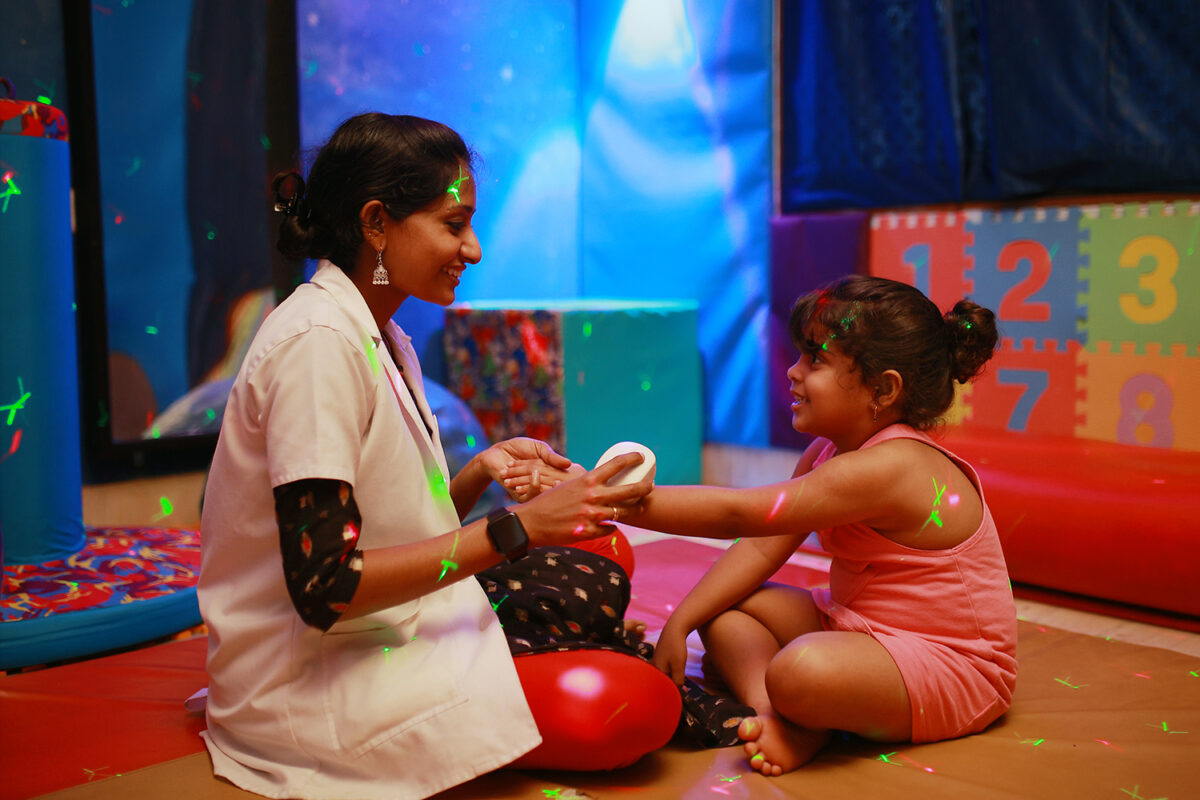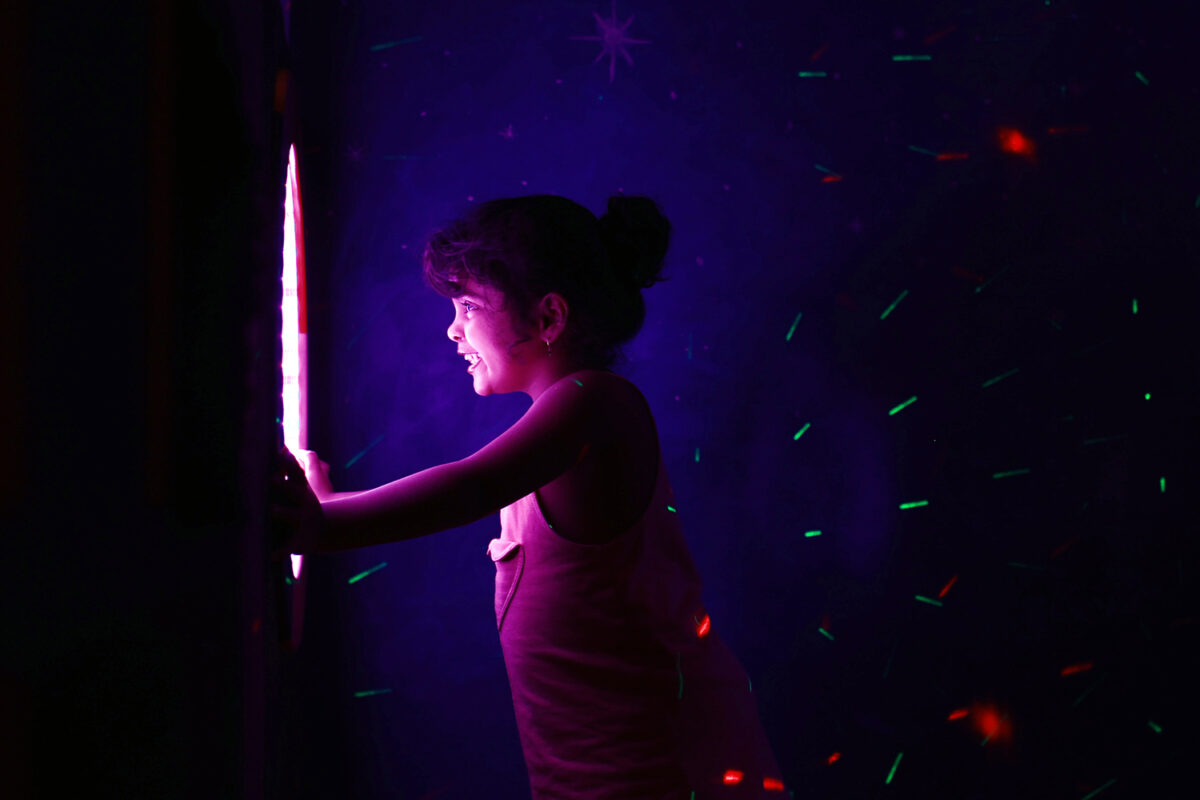How Social Skills Are Affected By Autism?
Autism is a developmental disorder that can impact the way a person communicates, interacts with the world around them, and manages emotions. The treatment of social skills deficit remains one of the most challenging areas in meeting the needs of people with autism. Social skills are formed through regular interactions with people. Since children with autism have a hard time understanding and reading others, social skills often need to be taught differently.
Social skills can be limited or different in a child with autism regardless of the severity of the disorder. Generally, a higher degree of disability means a more significant impact on behaviour, communication skills, and social interactions. Autistic children can find it difficult to use social skills they’ve learned. For example, your child might be able to share pencils at home with their siblings but not at school with their classmates. They may become easily overwhelmed or frustrated when they try to develop and sustain friendships. Making friends can be frightening, confusing and anxiety-provoking for autistic young people. There are various reasons why people with autism may find it challenging to make and maintain friendships.
The difficulties related to social skills and interactions include:
- Poor non-verbal communication skills and behaviour.
- An inability to “read” others.
- Difficulties with back-and-forth conversations and interactions.
- Difficulty understanding non-verbal communication cues in other people.
- Trouble adjusting behaviour to the situation, often resulting in inappropriate behaviour.
- Lack of interest in peers.
- No desire for imaginary or collaborative play.
- Inflexibility with routines and schedules.
At Jeevaniyam, we have a team of doctors, Behaviour Therapists, Occupational Therapists, Psychologists and Speech and Language Pathologists who evaluates each child and help them attain social skills. We guide the child about the importance of social skills with the help of stories, videos and other presentation tools as an introduction. Based on this, as the next step, we ensure that the child participates in all activities and games that makes it easy for the child to understand and follow.
Once the child is familiar with this, we make the child practice the same with different sets of people so that the child becomes less resistant in interacting with people. Some of the most important social skills that we improve are greeting others, sharing with others, helping others, appropriately expressing emotions, manners, interacting with other kids and adults, following multi step directions and complimenting the tasks achieved. Once all the above things are achieved, we would encourage the child to develop friendships. We have buddy programs like learning ladders which helps the child to have an integrated play group.


